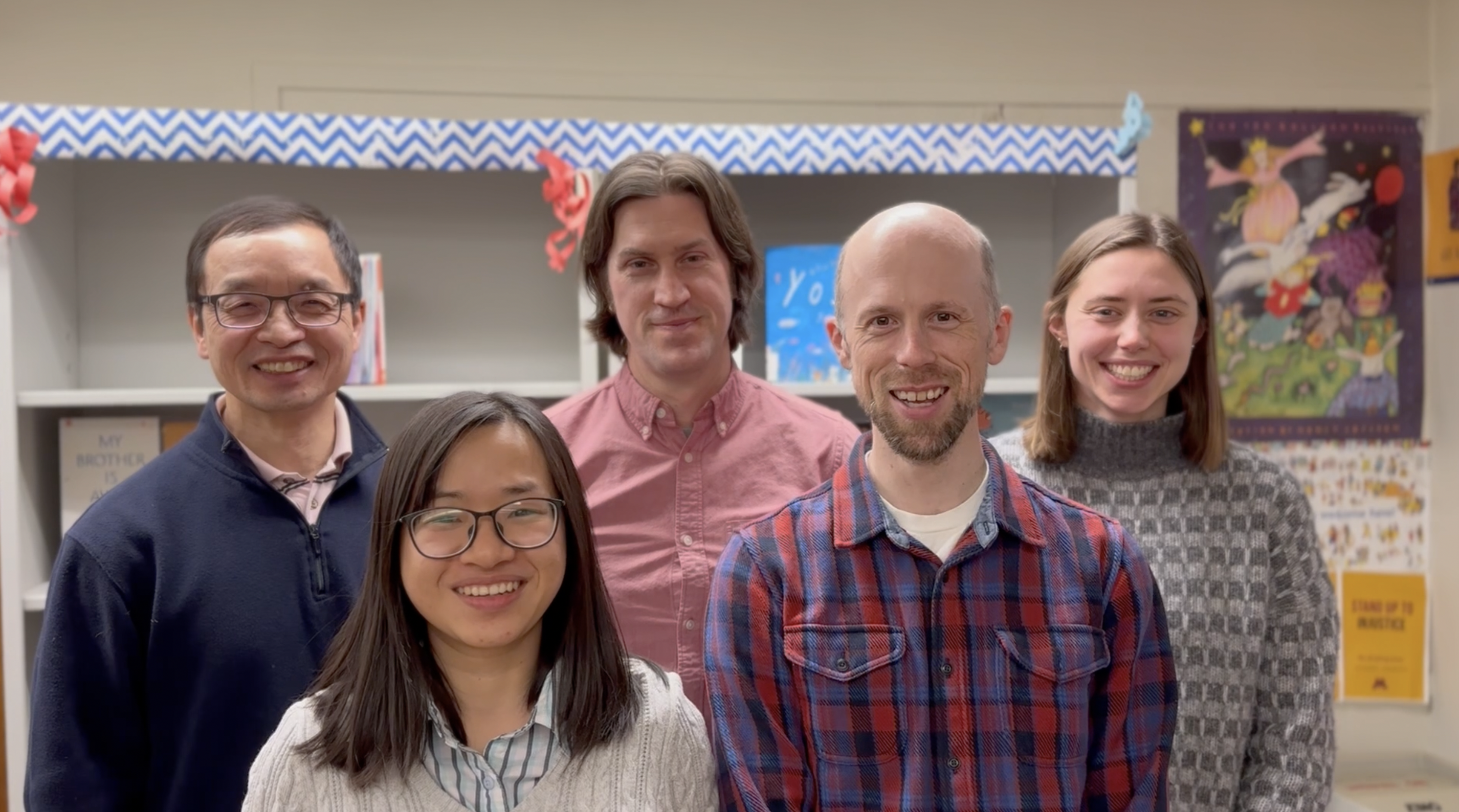General Page Media

The Climate Literacy Teacher Leader Fellowship is a yearlong program that supports Teacher Fellows from the Metro area in developing classroom materials and practices for teaching climate literacy with children’s and young adult literature and media in their respective subject areas. Fellows gain a greater understanding of climate literacy education, develop and implement instructional materials, contribute to scholarly publications, collaborate with international partners, and become leaders in the growing community of climate literacy educators in Minnesota and nationwide.
We are currently working with donors to secure funding for the 2024 cohort.